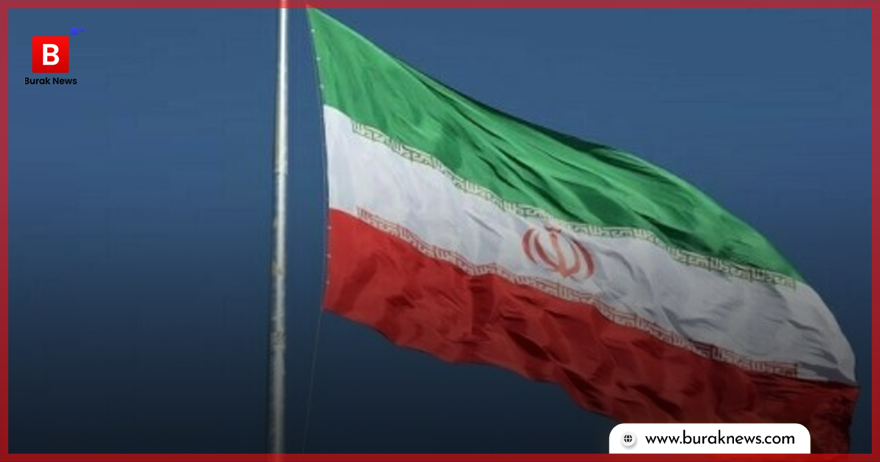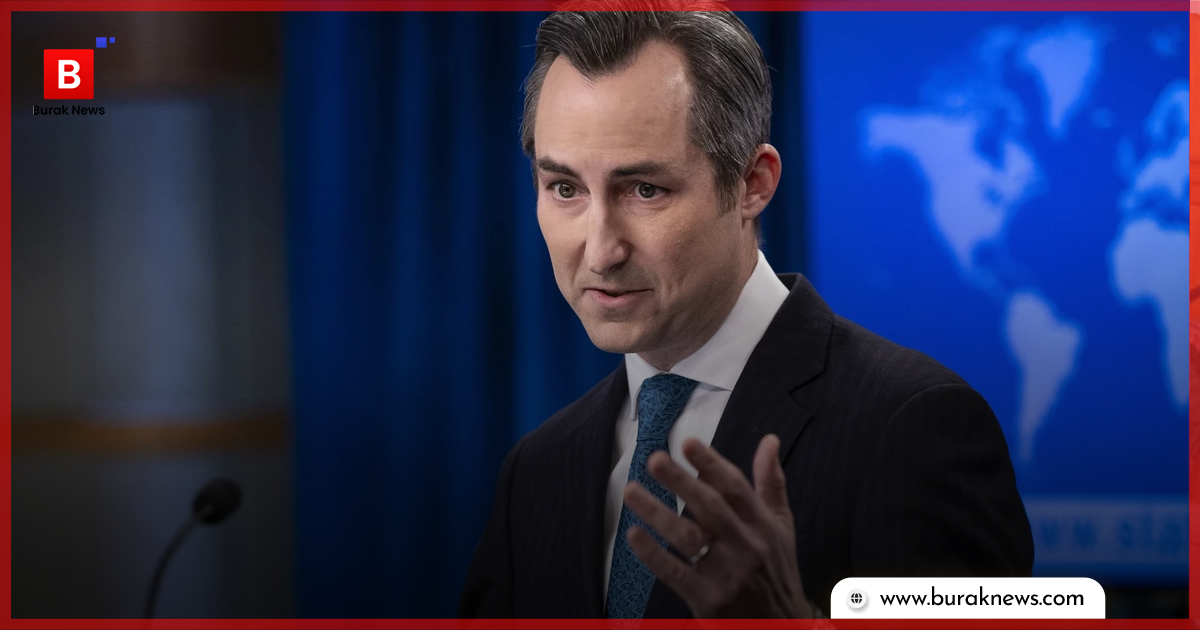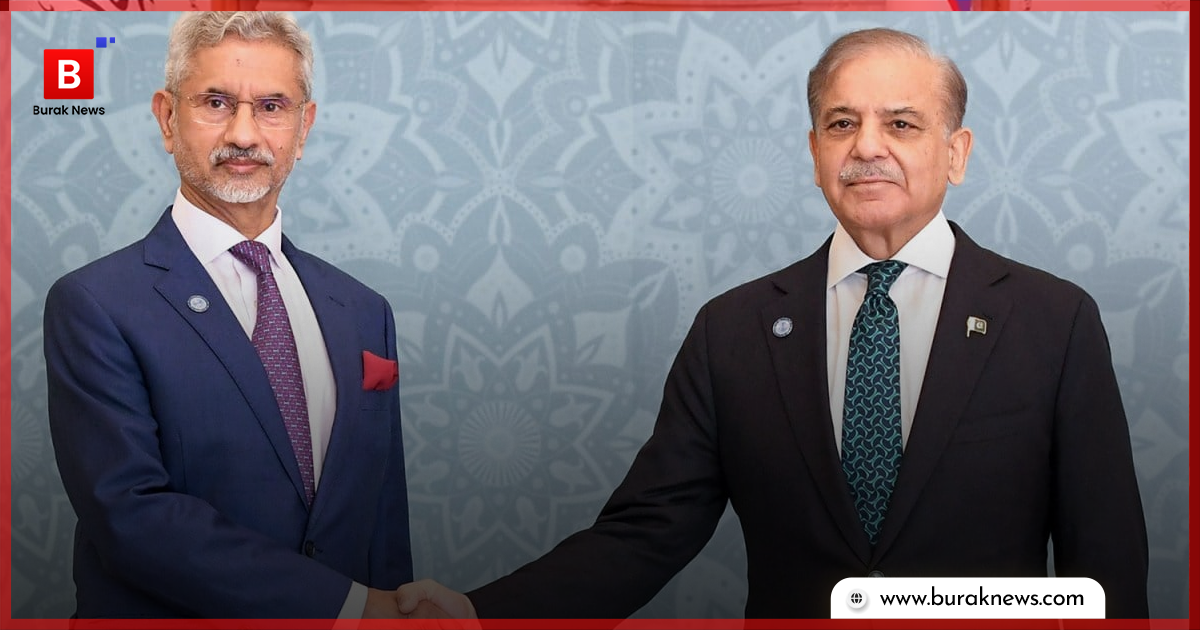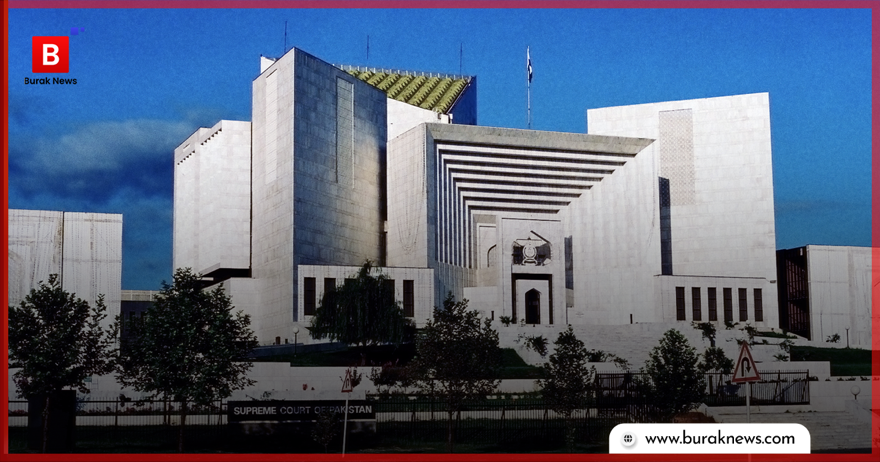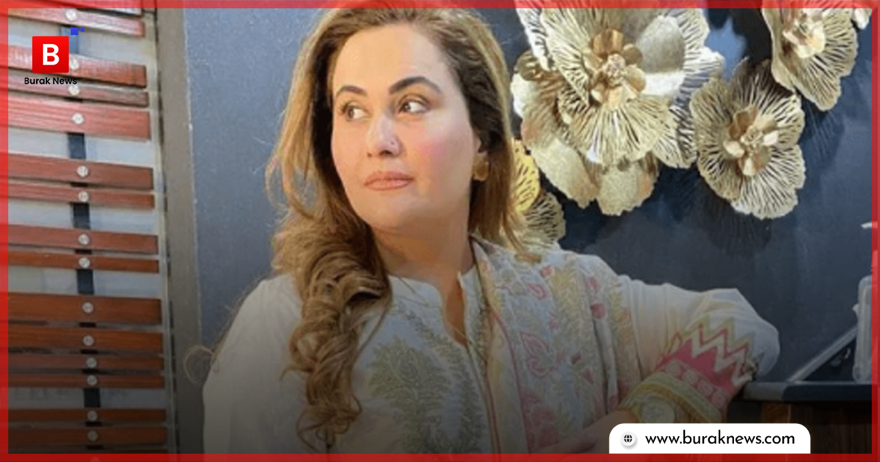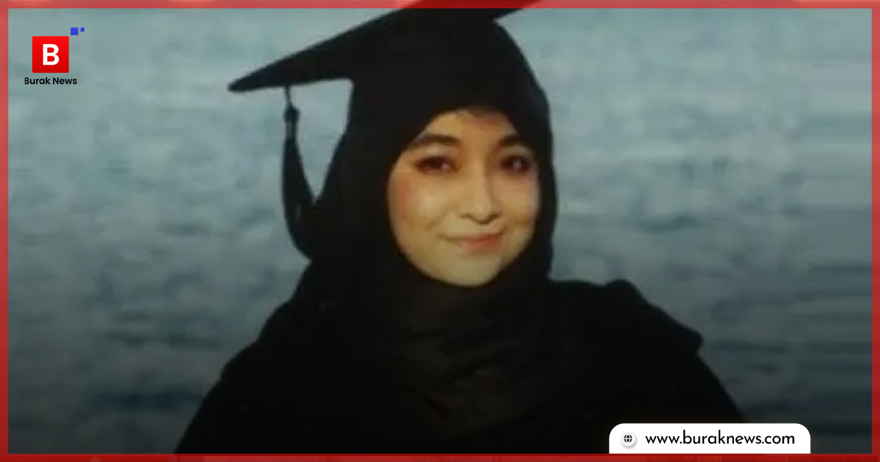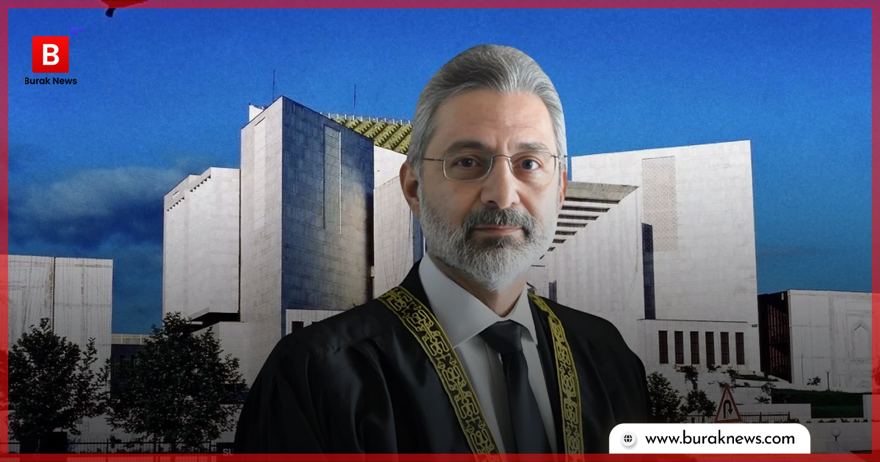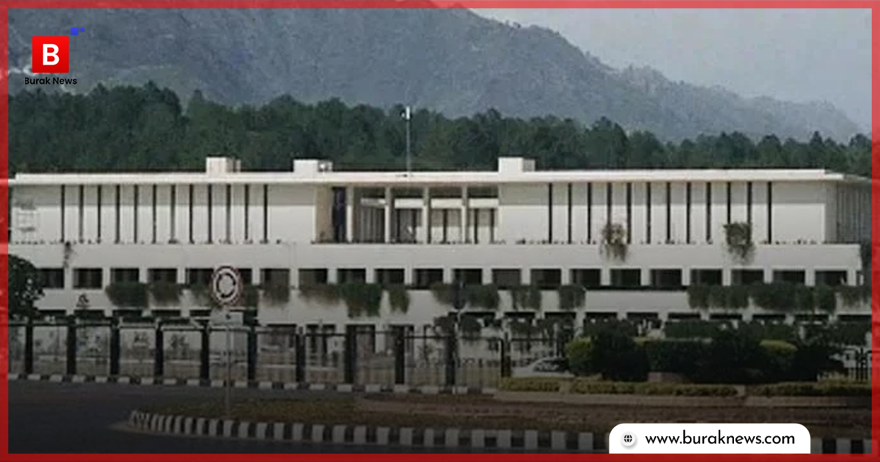Canada’s Trudeau criticizes India as tensions escalate over Sikh separatist’s murder
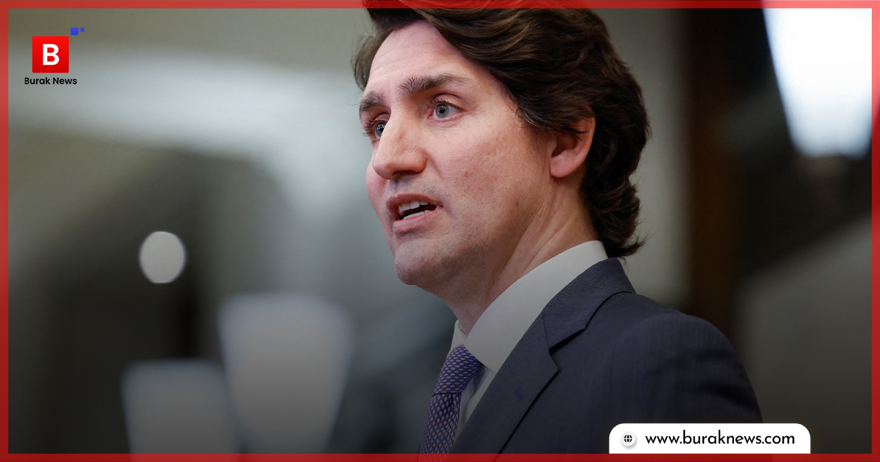
Canada’s Prime Minister Justin Trudeau stated that his government expelled six Indian diplomats, including the high commissioner, after India refused to assist in criminal investigations.
On Monday, Canada expelled these diplomats, linking them to the killing of a Sikh separatist leader and accusing them of a wider plot to target Indian dissidents living in Canada.
According to sources, last week, the Canadian government provided India with evidence, indicating that the diplomats were involved in these assassination plots.
Speaking to reporters on Tuesday, Trudeau reiterated that Canada continues to request India’s cooperation in the Royal Canadian Mounted Police (RCMP) investigations into violent acts and coercive behavior tied to agents of the Indian government.
Trudeau highlighted his government has gathered “clear and compelling evidence” that agents of India had been involved in activities threatening public safety. He mentioned these activities included secret intelligence gathering and targeting South Asian Canadians, with involvement in over a dozen acts of violence , including murder.
“This is not something we can allow,” Trudeau said.
He added, “The Indian government made a serious mistake in thinking they could support criminal activities against Canadians here, whether it be murders, extortion, or other violent acts,” referring to accusations Canadian police made against Indian intelligence.
In response, India withdrew its envoy from Canada and rejected the accusations as “absurd,” calling them part of Trudeau’s “political agenda,” which they linked to “vote bank politics.”
Earlier in the day, India retaliated by expelling six Canadian diplomats, including the acting high commissioner, and confirmed it had recalled its own envoy from Ottawa.
These escalating diplomatic changes marks a serious breakdown in relations between the two nations. Tensions had already been high since last year when Trudeau said there was evidence linking Indian agents to the assassination of Sikh leader Hardeep Singh Nijjar in Canada. However, these claims has always been denied by India.
India rejected Trudeau’s latest actions and dismissed Canada’s inquiry into the matter, accusing him of having political motives.
In an earlier press briefing, the RCMP said the Indian government had been involved in a broader campaign targeting Indian dissidents, using organized crime for homicides and extortion, as well as influencing democratic processes in Canada.
“The decision to expel these diplomats came only after careful deliberation, based on strong, clear evidence that identified six individuals of interest in the Nijjar case,” the foreign ministry said in a statement.
India, meanwhile, ordered six Canadian diplomats to leave by Saturday, and summoned Stewart Wheeler, Canada’s top diplomat in India.
India said it could not ensure the diplomats’ safety.
“We no longer trust the Canadian government to ensure their protection, so India has decided to withdraw the High Commissioner and other diplomats,” India’s foreign ministry explained.
Canada’s Foreign Minister, Melanie Joly, said Canada had asked India to waive diplomatic immunity for the diplomats so they could be questioned about the criminal allegations.
Since India refused to cooperate, Canada had no choice but to expel them.
“We aren’t seeking a diplomatic confrontation with India,” Joly said. “But we will not stand by while agents of any country are linked to attempts to threaten, harass, or even kill Canadians.”
In October 2023, Canada withdrew more than 40 diplomats from India after New Delhi asked Ottawa to reduce its diplomatic staff.
